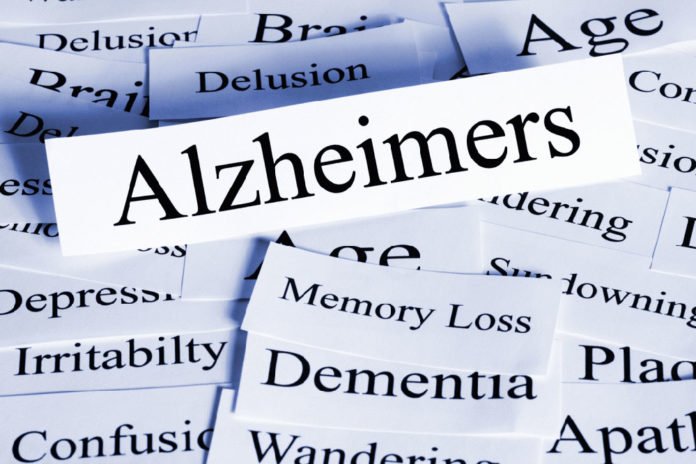The utilization of antiepileptic drugs is related to an expanded danger of Alzheimer’s ailment and dementia, as per another investigation from the University of Eastern Finland and the German Center for Neurodegenerative Diseases, DZNE.
Regular usage of antiepileptic drugs for a period surpassing one year was related to a 15 percent expanded danger of Alzheimer’s illness in the Finnish dataset and a 30 percent expanded danger of dementia in the German dataset.
Some antiepileptic drugs are known to disable subjective capacity, which alludes to every single diverse part of data handling. At the point when the scientists looked at changed antiepileptic drugs, they found that the danger of Alzheimer’s ailment and dementia was particularly connected with drugs that hinder subjective capacity. These medications were related to a 20 percent expanded danger of Alzheimer’s illness and with a 60 percent expanded danger of dementia.
The specialists additionally found that the higher the measurement of a medication that weakens psychological capacity, the higher the danger of dementia. Be that as it may, other antiepileptic drugs, i.e. those which don’t disable intellectual preparation, were not related to the hazard.
“More research ought to be led into the long haul intellectual impacts of these medications, particularly among more established individuals,” Senior Researcher Heidi Taipale from the University of Eastern Finland says.
Other than for epilepsy, antiepileptic drugs are utilized as a part of the treatment of neuropathic torment, bipolar confusion and summed-up nervousness issues. This new examination is the biggest research on the subject up until now and the first to explore the relationship as far as normality of utilization, measurement and contrasting the hazard between antiepileptic drugs and without intellectual disabling impacts. The outcomes were distributed in the Journal of the American Geriatrics Society.
The relationship of antiepileptic sedate use with Alzheimer’s malady was surveyed in Finnish people determined to have Alzheimer’s ailment and their controls without the infection. This examination is a piece of the across-the-nation enlist-based MEDALZ think about, which incorporates every one of the 70,718 people determined to have Alzheimer’s infection in Finland amid 2005-2011 and their 282,862 controls.
The relationship of antiepileptic tranquilize use with dementia was examined in an example from an extensive German statutory medical coverage supplier, Allgemeine Ortskrankenkasse (AOK). The dataset incorporates 20,325 people determined to have dementia in 2004– 2011, and their 81,300 controls.
The study is published online in the Journal of the American Geriatrics Society.
